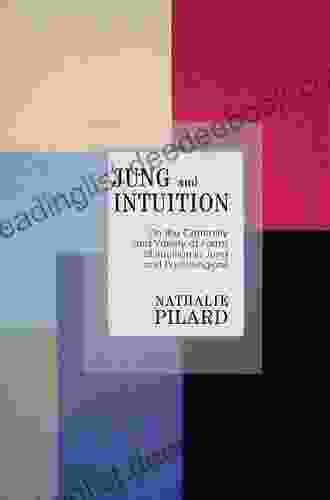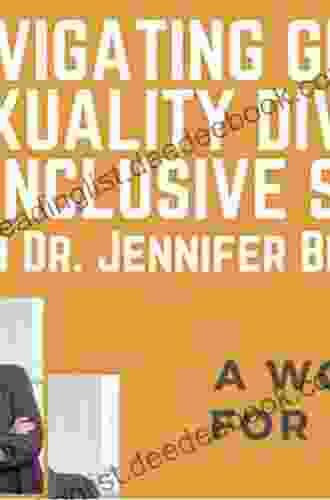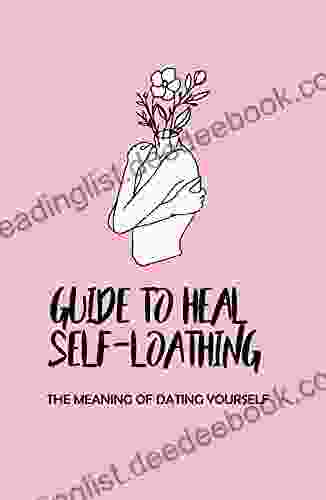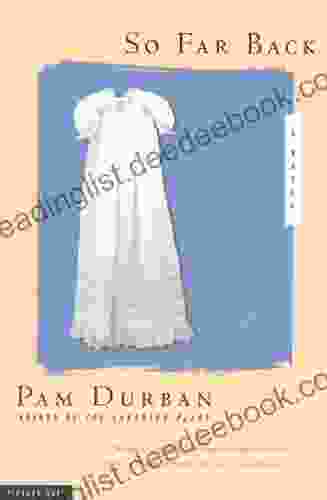On the Centrality and Variety of Forms of Intuition in Jung and Post-Jungians

Intuition is a fundamental aspect of human experience. It is a way of knowing that is not based on reason or logic, but on a direct and immediate apprehension of reality. Intuition is often associated with creativity, inspiration, and insight. It is also an important tool for understanding the unconscious mind and the world of archetypes.
Carl Jung believed that intuition was one of the four main psychological functions. He described it as a "function of perception" that allows us to apprehend the world in a holistic and non-rational way. Jung also believed that intuition was closely connected to the unconscious mind and that it could provide us with insights into the deeper levels of our psyche.
Post-Jungian thinkers have continued to explore the nature and significance of intuition. They have developed a variety of different theories about how intuition works and how it can be used to understand the human experience.
5 out of 5
| Language | : | English |
| File size | : | 2119 KB |
| Text-to-Speech | : | Enabled |
| Screen Reader | : | Supported |
| Enhanced typesetting | : | Enabled |
| Print length | : | 306 pages |
In this article, we will explore the centrality and variety of forms of intuition in Jung and post-Jungian thought. We will begin by discussing Jung's own understanding of intuition. We will then examine the work of some of the most influential post-Jungian thinkers who have written about intuition, including Marie-Louise von Franz, James Hillman, and Robert Johnson.
Jung believed that intuition was one of the four main psychological functions. He described it as a "function of perception" that allows us to apprehend the world in a holistic and non-rational way. Jung also believed that intuition was closely connected to the unconscious mind and that it could provide us with insights into the deeper levels of our psyche.
Jung identified two main types of intuition:
- Introverted intuition: This type of intuition is turned inward and focuses on the inner world of the psyche. It is associated with dreams, fantasies, and other forms of unconscious activity.
- Extraverted intuition: This type of intuition is turned outward and focuses on the external world. It is associated with perception, observation, and other forms of conscious activity.
Jung believed that both types of intuition are important for a healthy and balanced personality. He also believed that intuition could be developed and strengthened through practice.
Post-Jungian thinkers have continued to explore the nature and significance of intuition. They have developed a variety of different theories about how intuition works and how it can be used to understand the human experience.
Some of the most influential post-Jungian thinkers who have written about intuition include:
- Marie-Louise von Franz: Von Franz was a Swiss psychologist and Jungian analyst who wrote extensively about intuition. She believed that intuition was a feminine principle that is closely connected to the unconscious mind. Von Franz also developed a method of dream interpretation that uses intuition to access the deeper levels of the psyche.
- James Hillman: Hillman was an American psychologist and Jungian analyst who wrote about the importance of intuition in the creative process. He believed that intuition is a way of knowing that is not based on reason or logic, but on a direct and immediate apprehension of reality. Hillman also developed a theory of archetypal psychology that uses intuition to understand the human psyche.
- Robert Johnson: Johnson was an American psychologist and Jungian analyst who wrote about the importance of intuition in the spiritual journey. He believed that intuition is a way of connecting with the divine and that it can help us to find meaning and purpose in our lives. Johnson also developed a method of spiritual direction that uses intuition to help people connect with their inner wisdom.
These are just a few of the many post-Jungian thinkers who have written about intuition. Their work has helped to deepen our understanding of this important psychological function and its role in the human experience.
Intuition is a fundamental aspect of human experience. It is a way of knowing that is not based on reason or logic, but on a direct and immediate apprehension of reality. Intuition is closely connected to the unconscious mind and can provide us with insights into the deeper levels of our psyche.
Jung and post-Jungian thinkers have developed a variety of different theories about how intuition works and how it can be used to understand the human experience. Their work has helped to deepen our understanding of this important psychological function and its role in our lives.
5 out of 5
| Language | : | English |
| File size | : | 2119 KB |
| Text-to-Speech | : | Enabled |
| Screen Reader | : | Supported |
| Enhanced typesetting | : | Enabled |
| Print length | : | 306 pages |
Do you want to contribute by writing guest posts on this blog?
Please contact us and send us a resume of previous articles that you have written.
 Book
Book Novel
Novel Page
Page Text
Text Reader
Reader Paperback
Paperback E-book
E-book Sentence
Sentence Bookmark
Bookmark Shelf
Shelf Bibliography
Bibliography Foreword
Foreword Preface
Preface Annotation
Annotation Footnote
Footnote Manuscript
Manuscript Scroll
Scroll Tome
Tome Bestseller
Bestseller Classics
Classics Library card
Library card Biography
Biography Autobiography
Autobiography Dictionary
Dictionary Narrator
Narrator Resolution
Resolution Catalog
Catalog Periodicals
Periodicals Study
Study Research
Research Reserve
Reserve Academic
Academic Journals
Journals Reading Room
Reading Room Rare Books
Rare Books Special Collections
Special Collections Literacy
Literacy Study Group
Study Group Book Club
Book Club Theory
Theory W B Bartlett
W B Bartlett Matt Forrest Esenwine
Matt Forrest Esenwine Nora Amlani
Nora Amlani Laura Jane Williams
Laura Jane Williams Lisa Mccormick
Lisa Mccormick Ellen Israel Goldberg
Ellen Israel Goldberg Emily M Parris
Emily M Parris Melanie Mcgrath
Melanie Mcgrath Alan Weiss
Alan Weiss Jon Mcgregor
Jon Mcgregor Clinton Heylin
Clinton Heylin Atlas Rose
Atlas Rose Alicia Jansson
Alicia Jansson Douglas Cumming
Douglas Cumming Wendy Walsh
Wendy Walsh Eliza Maxwell
Eliza Maxwell Peter J Stoett
Peter J Stoett Jack Norworth
Jack Norworth William Norman Grigg
William Norman Grigg Robert Viagas
Robert Viagas
Light bulbAdvertise smarter! Our strategic ad space ensures maximum exposure. Reserve your spot today!
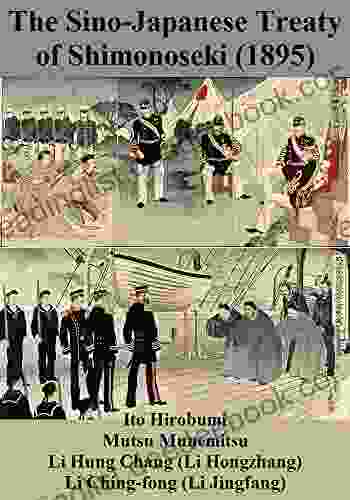
 Arthur Conan DoyleThe Sino-Japanese Treaty of Shimonoseki (1895): A Turning Point in East Asian...
Arthur Conan DoyleThe Sino-Japanese Treaty of Shimonoseki (1895): A Turning Point in East Asian...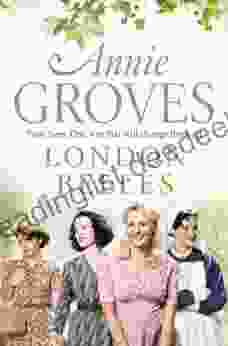
 Nathaniel PowellUnveiling the Enchanting World of London Belles Annie Groves: A Journey...
Nathaniel PowellUnveiling the Enchanting World of London Belles Annie Groves: A Journey... Mario Vargas LlosaFollow ·14.2k
Mario Vargas LlosaFollow ·14.2k Howard BlairFollow ·5k
Howard BlairFollow ·5k Gary ReedFollow ·2.1k
Gary ReedFollow ·2.1k Felix CarterFollow ·5.5k
Felix CarterFollow ·5.5k Gabriel Garcia MarquezFollow ·4.9k
Gabriel Garcia MarquezFollow ·4.9k Jared NelsonFollow ·9.6k
Jared NelsonFollow ·9.6k Ron BlairFollow ·18.7k
Ron BlairFollow ·18.7k Orson Scott CardFollow ·11.7k
Orson Scott CardFollow ·11.7k
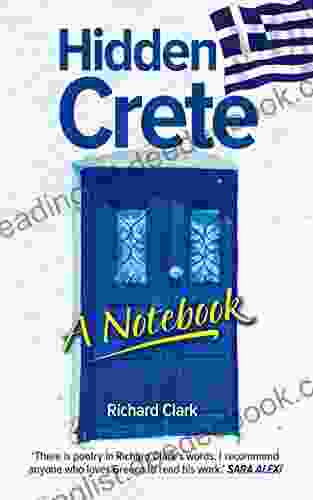
 Diego Blair
Diego BlairUnveiling Hidden Crete: A Comprehensive Review of Richard...
In the tapestry of travel literature,...
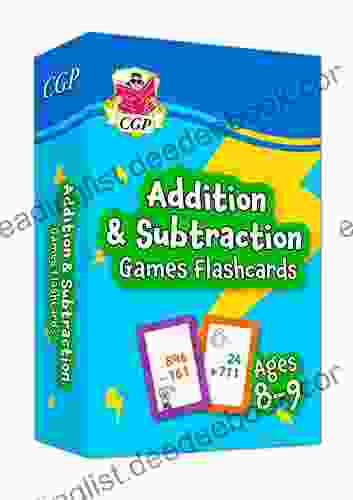
 Earl Williams
Earl WilliamsNew Addition Subtraction Games Flashcards For Ages Year
Looking for a fun...
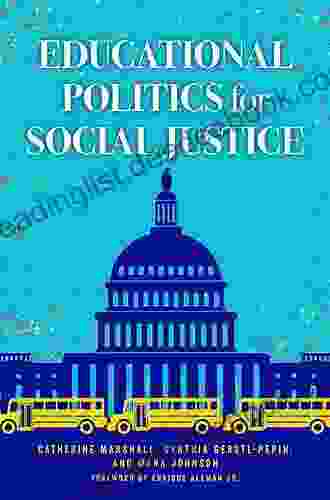
 Julio Ramón Ribeyro
Julio Ramón RibeyroUnveiling the Nexus of Educational Politics and Social...
Education, a fundamental pillar of society,...
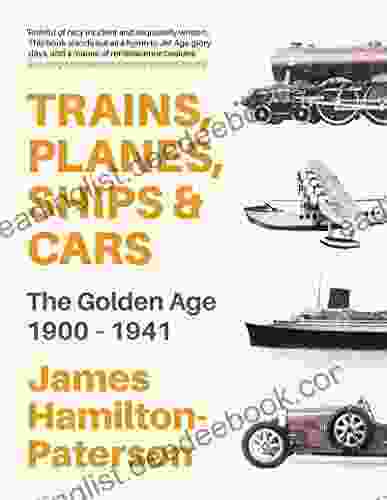
 Jordan Blair
Jordan BlairTrains, Planes, Ships, and Cars: The Evolution of...
Transportation...
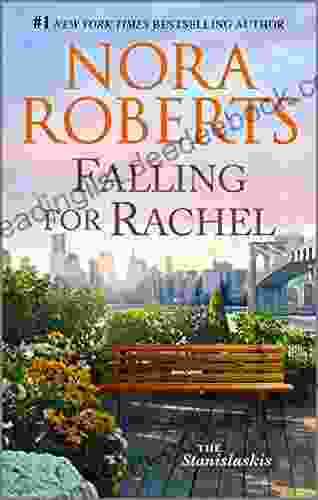
 Derek Bell
Derek BellFalling for Rachel Stanislaki: An Unforgettable Literary...
Step into the...

 Harry Cook
Harry CookAn Introduction to Cardiac Surgery for Anesthesia...
Cardiac surgery is a specialized...
5 out of 5
| Language | : | English |
| File size | : | 2119 KB |
| Text-to-Speech | : | Enabled |
| Screen Reader | : | Supported |
| Enhanced typesetting | : | Enabled |
| Print length | : | 306 pages |


